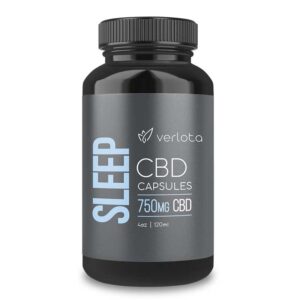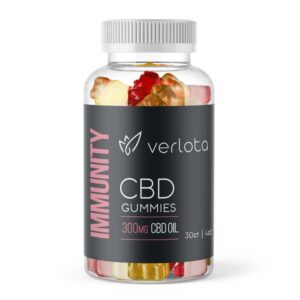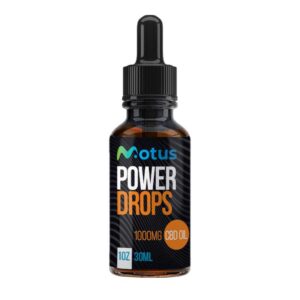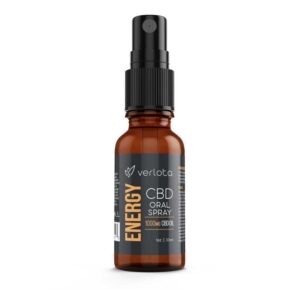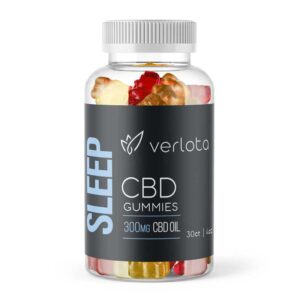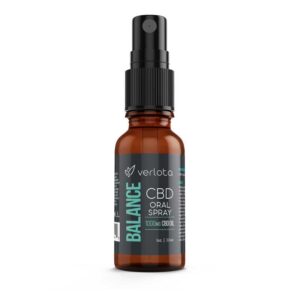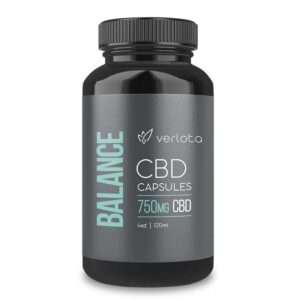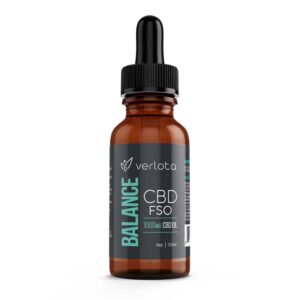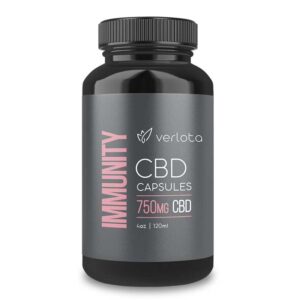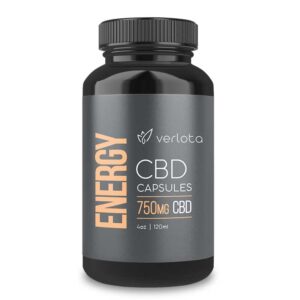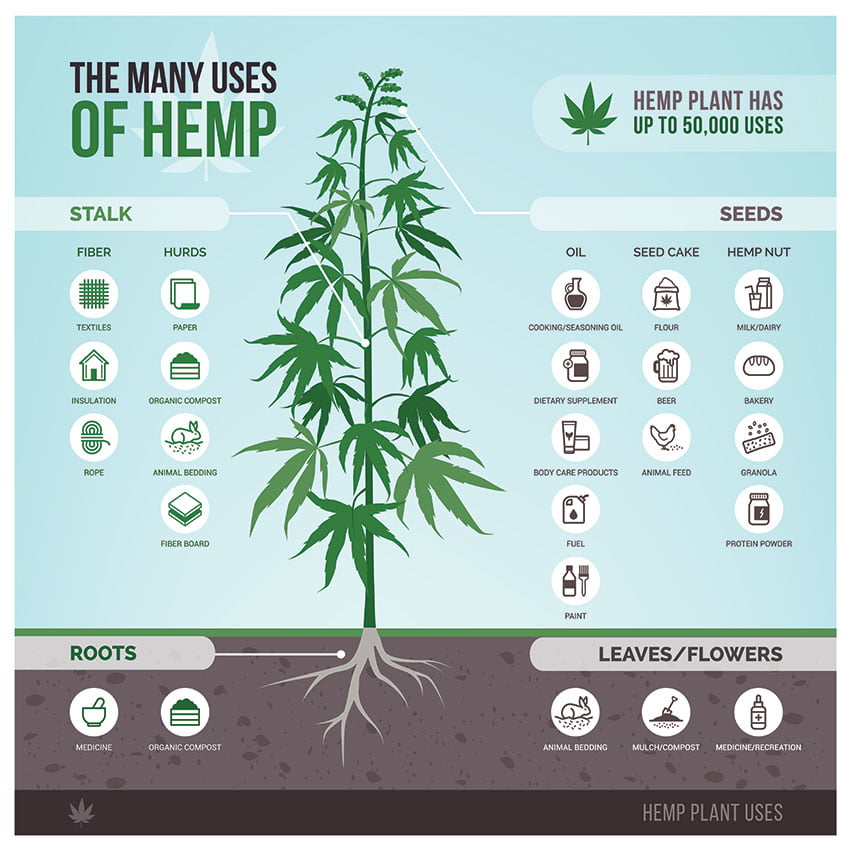
With the increasing number of CBD products there is an even larger increase in misconceptions about CBD that are beginning to rise. Just like any product that is released on the market today, people are going to voice their opinions on it. Seeing as CBD – even though it’s derived from hemp – has most customers comparing it to its cousin strain, Cannabis, there are lots of inaccurate facts and worries that become attached to this non-psychoactive medication. Cannabidiol – CBD – has been fighting an uphill battle because of this since the 1940s when it was discovered.
Those misconceptions and anti-CBD targeted movements, which have existed since “Reefer Madness” in 1936, only increased in the 1960s when President Nixon declared his “war on drugs”. Most people who know about CBD aren’t – usually – privy to the fact that it comes from the hemp plant. A plant that has been cultivated for its many uses for over ten-thousand years. This is due to the negative connotation that surrounds the product and even the “at a glance” judgment that many hold when they see a piece of advertising that features a hemp leaf. It is the goal of this article to not only educate you on CBD and it’s direct connection to help, but to help shift your focus away from Cannabis and THC when thinking about CBD.
CBD MYTHS
We live in an information age. Never in human history has information and research been so easily accessible by the general public. At the same time, never in human history has the spread of misinformation been so overwhelming either. Almost everyone has accidentally shared a story that wound up to be untrue later on and there is nothing to be ashamed of when that happens. Information overload is a common symptom of the digital era we all currently reside in. The responsibility is on us to weed out the truth from the rubbish. Sometimes that is easier said than done. Especially when it comes to a topic as ripe with debate as CBD and hemp. So let’s get into it. Below, we will lay out and disprove our top 5 CBD myths with proven science and established facts so that you don’t have to do it yourself.
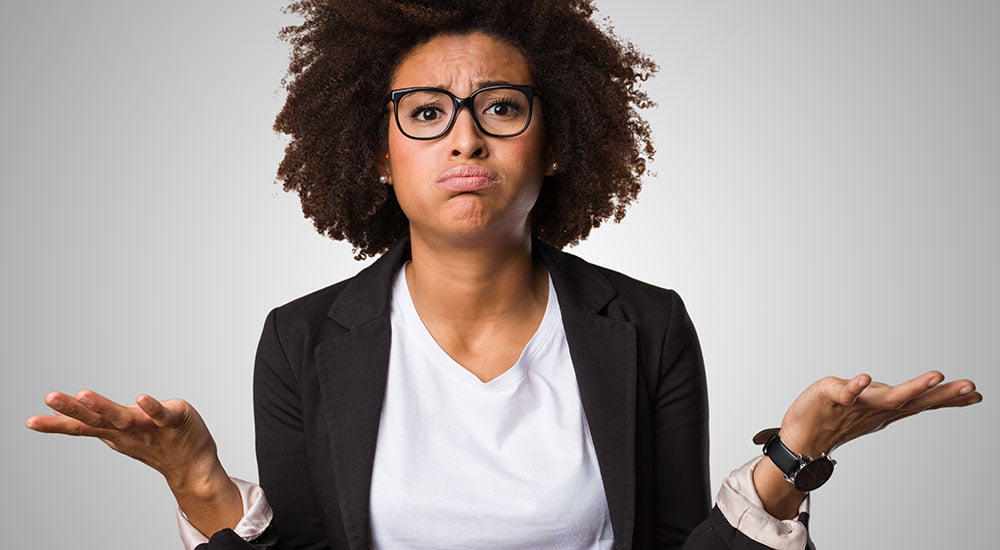
#5 It Will Get You “High”
We’re going to start this list with one of the most common CBD misconceptions there is. That it gets you “high”. This CBD myth couldn’t be further from the truth. Which misconceptions usually are. It is understandable why someone new to CBD could have this thought. Like we mentioned in the opening paragraph, hemp and cannabis have had one gear for the past 80+ years. It’s not unreasonable to think that someone new to hemp would still think the two were one in the same. The fact of the matter is that CBD derived from hemp contains very little to no THC. A CBD isolate will contain absolutely no THC whereas a FSO – full spectrum oil – will contain the legally permitted 0.03% THC. Nowhere near enough to affect a person’s mental state, get them high or intoxicated in any way. The THC level is so low, actually, that it wont even show up on most drug tests as it is the legally permitted amount.
#4 Where’s The Proof?
Another common CBD misconception is that there is not much proof to back up the claims. This is another factually inaccurate statement. This is where a person interested in learning about CBD will need to do a little research themselves. There are many peer reviewed studies online about CBD made from hemp, its effects on the body and how it interacts with the endocannabinoid system. It has been a popular topic of study since its discovery in the 1940s and more is being discovered every day. However, CBD does have its fair share of anecdotal evidence. Lots of CBD advocates will make bold claims about what was treated or cured by their use of CBD. Always try to find research based evidence from a trusted source before accepting any claims as factual.
#3 More CBD is Better
Just like any other medication or complete health medicine that may be on the market, it will abide by specific dosing directions. Anything in the world can produce negative results when taken in excess. Even too much water can cause negative health effects. While taking “too much” CBD won’t lead to any dangerous side effects, it is best to take the right amount so that you don’t waste any product or money. A good rule of thumb for CBD dosing is weight x 0.2 for a lighter dose and weight x 0.5 for a heavier dose. More CBD doesn’t guarantee that you will benefit from the extract more than if you take less. In fact, with some ailments, less is actually more! The amount of CBD you take is completely dependent on yourself and what you’re trying to treat.
#2 CBD Can Cause A Failed Drug Test
We touched a little bit on this one earlier in the article but we feel like it needs to be put into its own category of common misconceptions about CBD. The reason that hemp was made legal in the hemp farming act of 2018 was because of its lack of THC. Cannabis, in parts of the United States, is still a controlled substance. Hemp, however, is only farmed and cultivated for its many uses and lack of psychoactive properties i.e. THC. CBD is broken down into two groups of oil, Full Spectrum and CBD Isolate. Full spectrum CBD contains all of the naturally occurring compounds of the hemp plant and can have up to 0.03% THC. CBD isolate is a specific extract that only contains the CBD compound. ZERO THC is present in a CBD isolate. The CBD myth that you can fail a drug test is inaccurate due to the low concentration of THC. At a strength of 0.03% not enough will absorb into your bloodstream or urine to provide a positive test.
#1 CBD is Illegal
The misconceptions of CBD cover a lot of different claims, but none are as common as the claim that CBD is still illegal. While someone like you – who is more educated on the matter – likely knows it to be a myth, it’s easy to understand how someone who has never researched CBD could come to believe this. Hemp derived CBD has been legal since December 20, 2018. Not just in a few states either, but across the country. While each state still has different versions of “legal”, which can make shipping CBD a challenge at times, the extract is completely legal in the United States. The Farm Bill was a giant win for not only farmers who have been looking for other options for cultivation, but biofuel, textile, food and wellness markets as well.
Needless to say, there is a ton of information out there about CBD and what CBD can do. Just like anything else you are interested in learning more about, you can find tons of resources and articles that go into great detail about cannabidiol and its many uses. Just because you find tons of information online, that doesn’t mean that it is necessarily correct. While we may have cleared up 5 CBD misconceptions, it’s likely that there are hundreds more online. It’s understandable that you may hear or see something in passing and assume that it is the definitive fact on a subject. That is not always the case though. Just like any other type of information online, you should always try to back up what you’re reading with more sources.
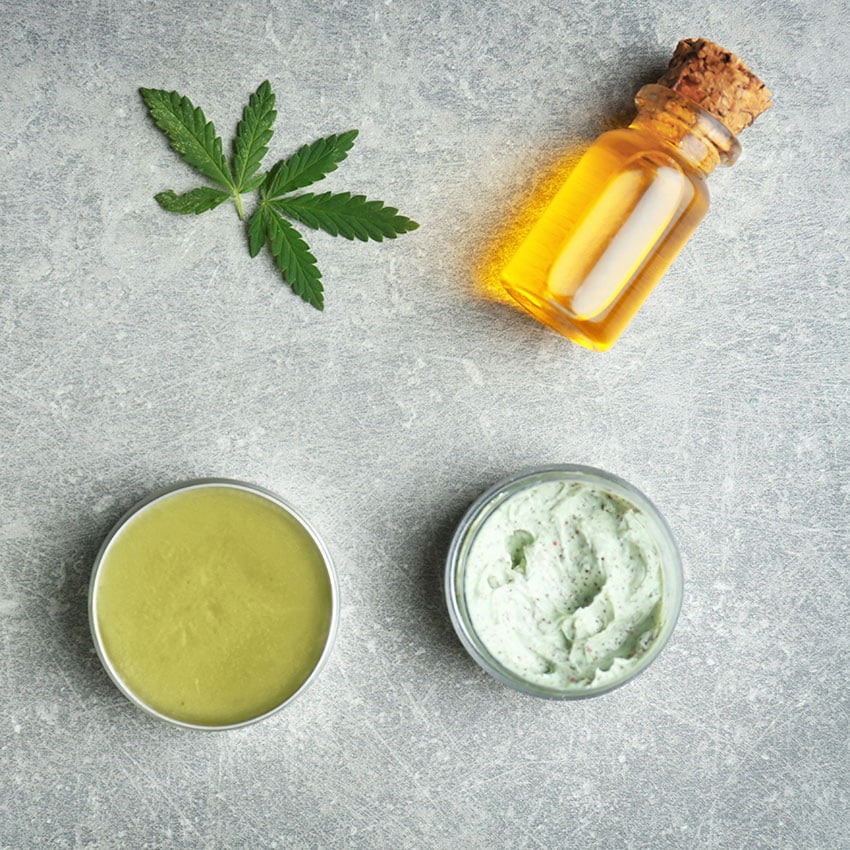
Even this article. We encourage you to look into the myths we laid out and find other articles, from reputable sources, that back up our findings. We did our research so that you don’t have to, but would never hold your need to be thorough against you. Because we want you to have all of the facts, to question what you see online and to be confident that the information you believe to be true is actually true. CBD is a safe, clean, natural substance that interacts with the body in a positive way. Just remember, when you approach almost anything on the internet, approach it with skepticism. Never take a claim at face value unless it has evidence to back it up and never get your facts from a source that isn’t considered a reputable one. Just because you saw it online, doesn’t mean it’s true… unless it’s this article. We checked.

